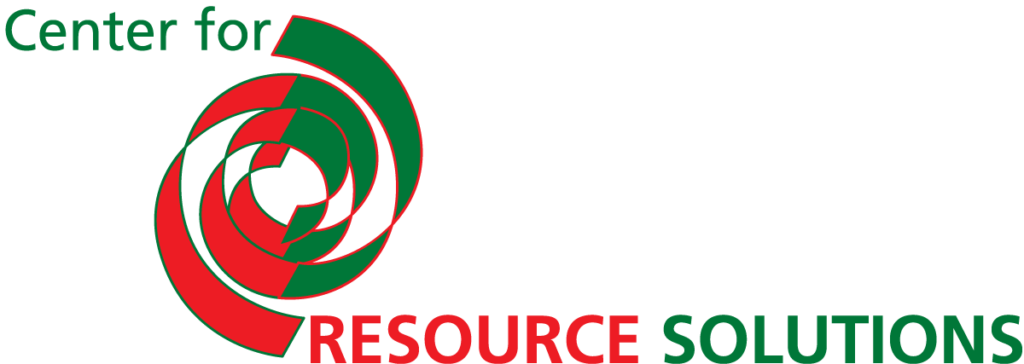
In the mid-1990’s, renewable energy and other environmental leaders knew that the burgeoning renewable energy industry was at a crossroads. An industry intimately tied to global economics, policy, technology and science, renewable energy had emerged onto the scene as a powerful product with seemingly boundless potential. Yet it was clear that the great commercial, environmental and societal benefits of a thriving renewable industry could never be realized if left to compete independently in a fossil-fuel dominated marketplace. What renewable energy leaders knew they needed was an expert body that could help steer policy, provide oversight and work collectively with stakeholders to facilitate its growth to maturity.
As the Presidio of San Francisco opened its doors to become the home for many environmental non-profits, the location for this much needed organization became clear, and on March 25, 1997, renewable energy expert Dr. Jan Hamrin established Center for Resource Solutions (CRS) with ambitious yet critical goals. CRS was founded to help lead the industry in the design and implementation of programs to increase the demand and use of renewable energy around the world. Dr. Hamrin and others involved in the creation of the Center for Resource Solutions believed that one of CRS’s primary roles would be as a networking organization that would act as a catalyst for the development of new programs and the implementation of new policies in the rapidly changing energy sector. In the years since its inception, CRS has exceeded its ambitious original goals.
In the beginning, CRS intended to work with renewable energy policy primarily on the international stage. However, seemingly right after CRS had become operational a very important opportunity to affect renewable energy policy internally in the United States appeared. In the late nineties, as California and several northeastern states began to restructure their electricity markets, many companies moved to market and sell “renewable energy” to a newly opened consumer base. Yet there were no standards or definitions for renewable energy in place to ensure quality, reliable and responsible renewable energy production and sales. Clearly, something needed to be done to ensure a certain degree of consumer protection within the renewable energy market.
CRS, in its growing role as a leader in the renewable energy marketplace, coordinated the communication between stakeholders to identify what the industry could do to address this problem. Out of this communication, the Green-e certification program was launched in December 1997. Green-e has since become CRS’s most important and largest program, and has become a powerful, influential and important tool for consumer and environmental protection in the national renewable energy market. Soon after launching Green-e, CRS developed a variety of other programs that work to further promote the development of renewable energy throughout the country.
Yet despite CRS’s ventures into domestic renewable energy, the organization never lost its focus on the international side of the industry. From the beginning, the Center for Resource Solutions has worked intimately with governments and non-governmental organizations across the globe to provide expert assistance and to promote renewable energy through policy development, education and market building.
In 1998, CRS sponsored and participated in a number of “peer to peer” meetings between state utility regulators from the United States and regulators from Argentina and Brazil, as well as arranging for and participating in workshops and policy briefing sessions for representatives of Southeast Asian Countries. Since its inception, CRS has played an important role in the growth of renewable energy in China. Working with the China Sustainable Energy Program (CSEP) of the David and Lucile Packard Foundation, CRS trains and supports Chinese grantees in developing renewable energy and energy efficiency policies in China. In addition, CRS has had a sustained relationship with Canada, Australia, Mexico and the International Energy Agency (IEA) in the development of global energy policy.
Through its array of important domestic and international programs, over the years CRS has consistently demonstrated its role as an industry leader, promoting the idea that environmentally based renewable energy and energy efficiency programs are the key components of any sound energy policy and to a sustainable society. Since 1997, CRS has shown an ability to make progress and be an effective catalyst for significant change, whether it be through direct first hand work or by providing a forum and leadership that allows interested parties to coalesce around an issue and find successful resource solutions.